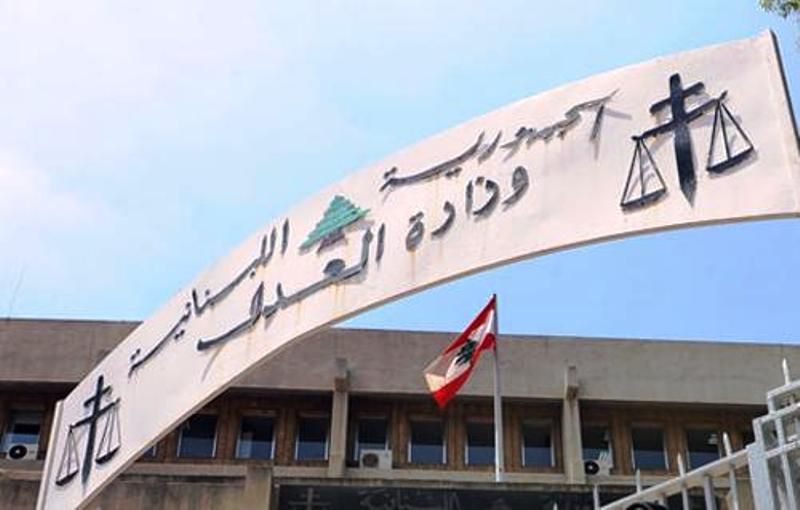
After finalizing security appointments and selecting a new central bank governor, the Lebanese Cabinet’s attention has now turned to complete long-overdue judicial appointments, pending since 2020.
Minister of Justice Adel Nassar emphasized that the judiciary is “entering a new phase,” and confirmed in a recent interview that judicial appointments will be completed soon.
The priority goes to the Supreme Judicial Council (SJC), paralyzed since October 2023. Due to the stalemate in the judicial appointments and transfers file, the ten members of this institution have retired one after another over the past five years. The last five members of this institution retired in October 2023, while the term of its president, Souheil Abboud, expires in 2027.
As a reminder, eight of the ten members of the SJC are appointed by a decree issued by the government, upon proposal of the Minister of Justice. According to the law, the decree must be co-signed by the President of the Republic, the Prime Minister and the Ministers of Justice and Finance.
The last attempt to proceed with judicial appointments dates back to June 2020, when the Supreme Judicial Council proposed a list of transfers and appointments for approximately 330 judges out of 520, aiming to enhance judicial independence and restore confidence in the system.
However, former President Michel Aoun rejected the proposed list and insisted that the SJC revise it to ensure that judges loyal to him were appointed to key positions. The SJC refused to yield.
Since then, no further judicial appointments have been made. This unprecedented situation severely impacted Lebanon's judiciary.
The judicial appointment process requires a broad political consensus and approval by two-thirds of government ministers. Today, momentum appears to be building following last week’s unanimous Cabinet decision to confirm Judge Jamal Hajjar as Chief Public Prosecutor, appoint Judge Ayman Oueidat as head of the Judicial Inspection Authority and designate Judge Youssef Gemayel as president of the State Council.
However, significant obstacles remain. One of the key questions is whether Nassar will be able to appoint a financial prosecutor, a position traditionally influenced by Speaker Nabih Berri, who has historically played a decisive role in selecting the Shiite judge for this post. Berri favors the appointment of Judge Zaher Hamadeh, Attorney General at the Beirut Court of Appeal, to this position. However, the Minister of Justice seems to favor the appointment of Judge Habib Mezher, President of the Civil Court of Appeal in Beirut.
Another looming challenge is whether, in case the government approved Mezher’s appointment, President Joseph Aoun will sign off on the decree, which could trigger a political showdown with Berri.
On another note, Minister Nassar, in a move aimed at further securing judicial independence, has established a committee comprising judges, lawyers and legal experts to draft a law ensuring judicial autonomy. The committee has been given a strict three-day deadline to finalize the proposal before presenting it to the Cabinet and forwarding it to Parliament for approval.
Without independent and trusted judges, true reform remains out of reach. Finalizing the Supreme Judicial Council’s appointments is a crucial step toward revamping Lebanon’s struggling judiciary. Failing to do so would mean repeating history, merely with different names.




Comments